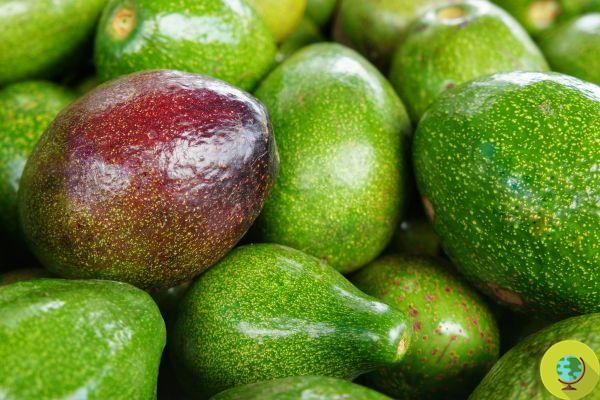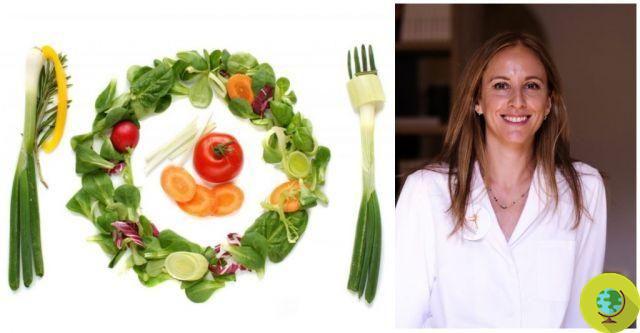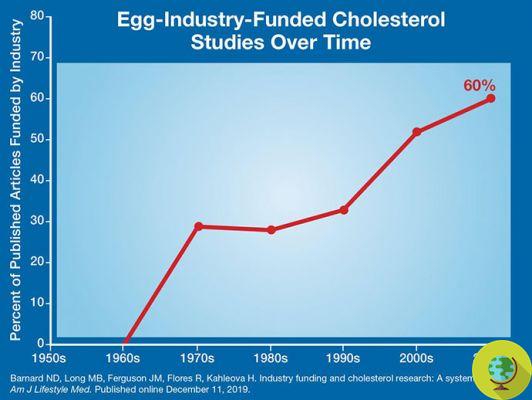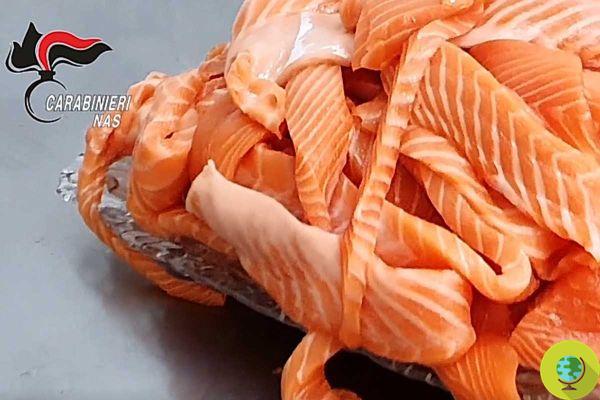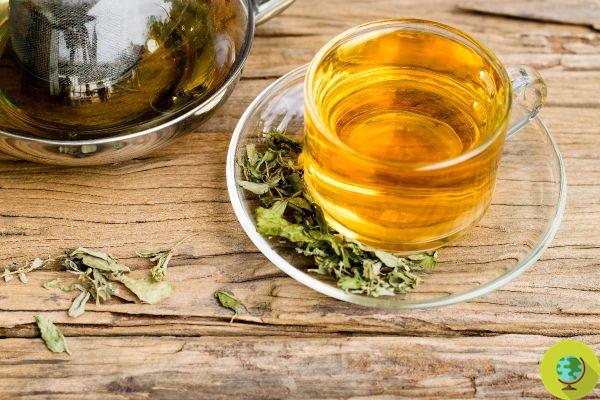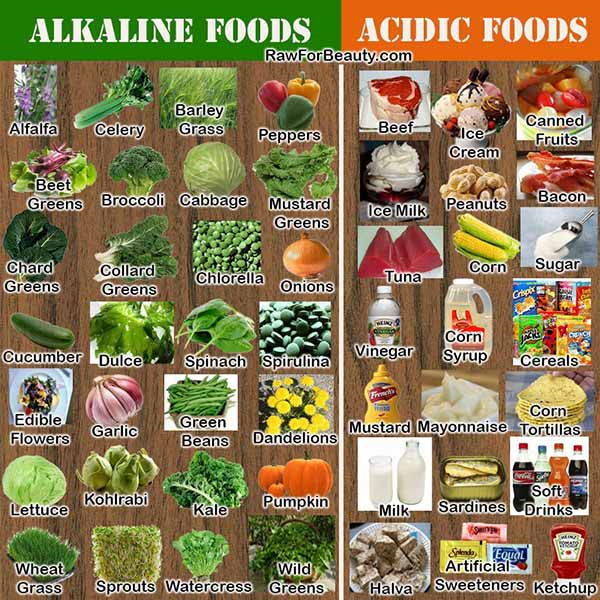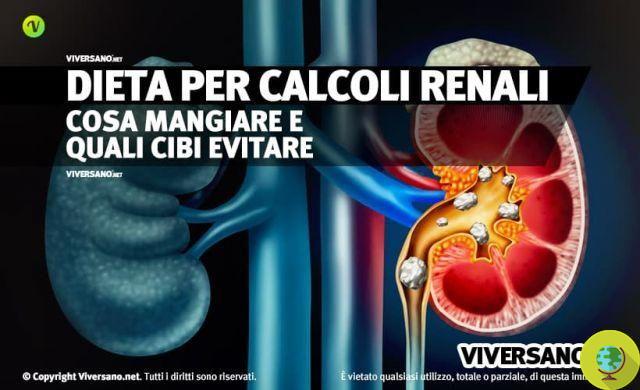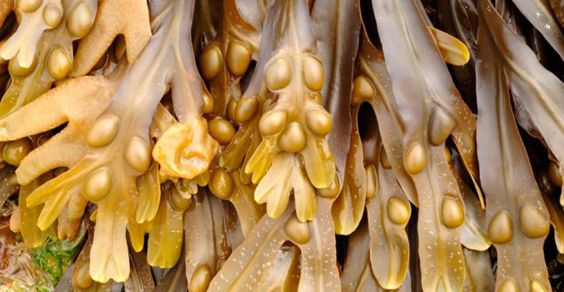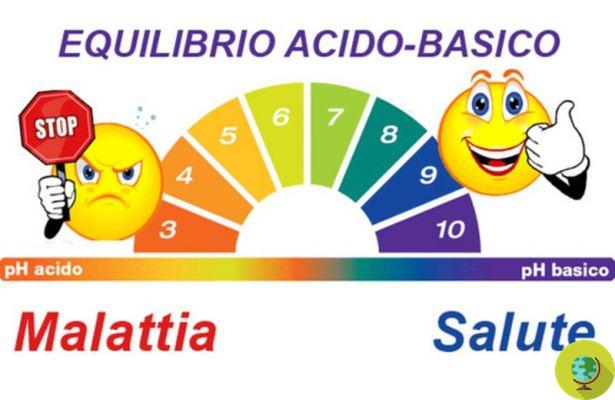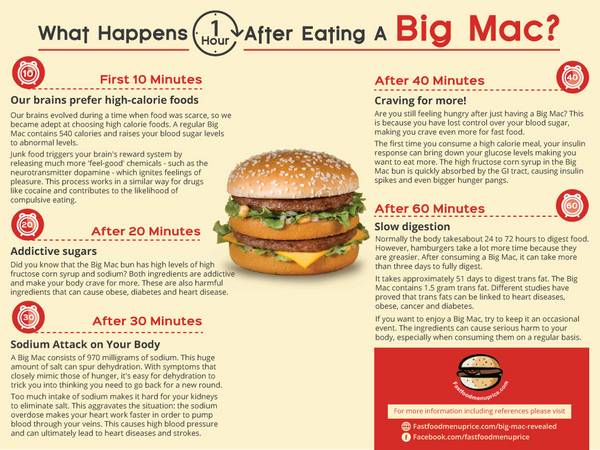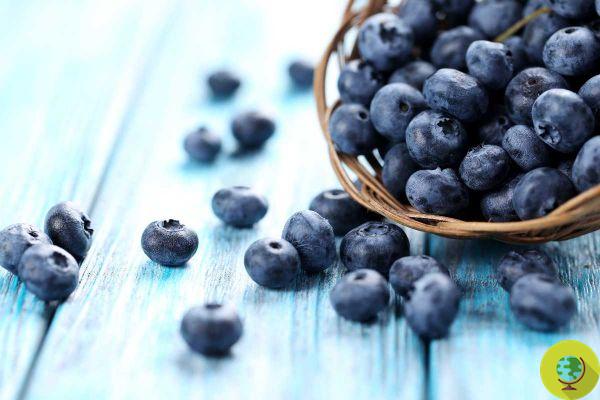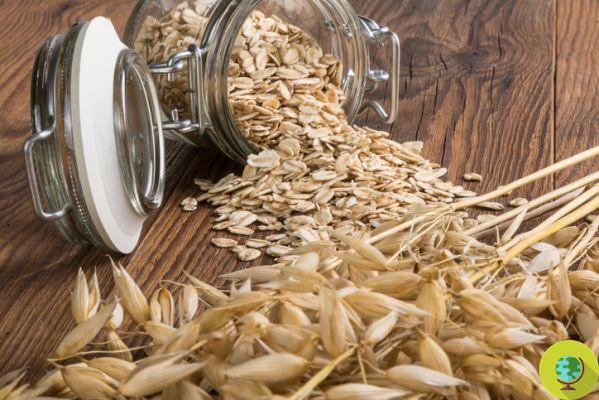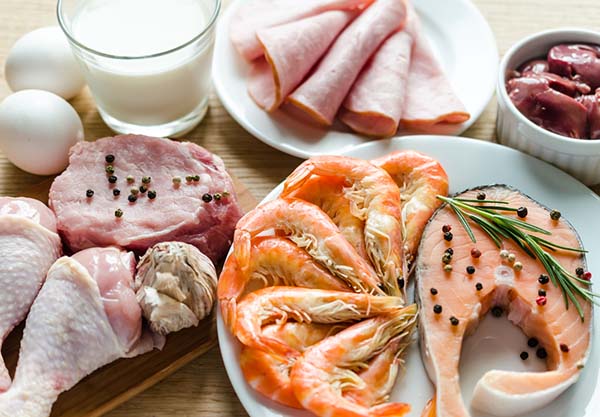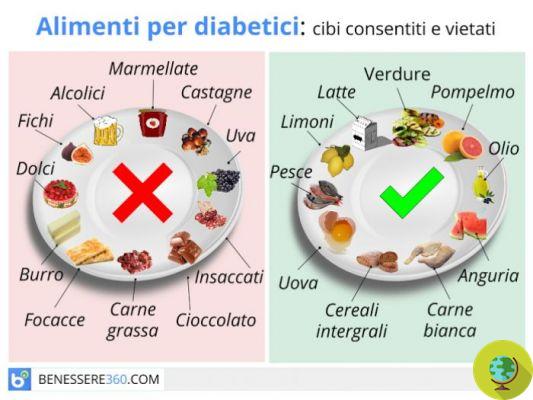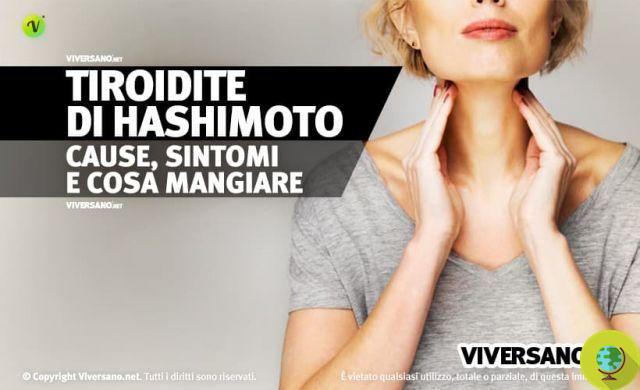
Hashimoto's thyroiditis is a fairly common disorder, especially among women. It is an autoimmune disease in which the body itself attacks the gland that secretes thyroid hormones, preventing it from producing them correctly. Following a drug therapy is always the recommended solution but it is also possible to help yourself by following a correct diet that supports the work of the thyroid.
Don't store avocado like this: it's dangerous
Hashimoto's thyroiditis is a fairly common disorder, especially among women. It's about a autoimmune disease in which the body itself attacks the gland that secretes thyroid hormones, preventing it from producing them correctly. Following a drug therapy is always the recommended solution but it is also possible to help yourself by following a correct diet that supports the work of the thyroid.
Hashimoto's thyroiditis causes a hypothyroid condition by generating symptoms such as tiredness, weakness, sleepiness, trouble concentrating, irritability, muscle aches, dry skin, menstrual irregularity problems, hair loss and accumulation of fat. It is necessary to intervene because, beyond the more or less annoying symptoms, the situation of low production of thyroid hormones is dangerous for the whole body since these substances regulate various functions of our organism.
Read also: HASHIMOTO'S THYROID: SYMPTOMS AND HOW IT IS RECOGNIZED
If you suffer from Hashimoto's thyroiditis or other thyroid problems it is always good follow the advice of your doctor following the therapy provided. However, it is important to know which ones foods stimulate and which ones instead inhibit the work of the thyroid and can also interfere with the drugs taken.
Read also: THYROID: FOODS AND TIPS TO AWAKEN IT
RECOMMENDED FOODS
Among the foods recommended in case of Hashimoto's thyroiditis but also of more general hypothyroidism there are:
Foods rich in Omega 3
Not only oily fish but also linseed oil and hemp oil and other vegetable sources of these precious essential fatty acids they are useful for the functioning of the thyroid gland.
Read also: NOT ONLY FISH: THE 5 VEGETABLE SOURCES OF OMEGA 3
Seasonal and organic fruit and vegetables
As always, seasonal fruit and vegetables are one of the best choices we can make for our health. Even in case of thyroiditis they are recommended 5 servings a day. However, there are some vegetables to avoid or to consume sporadically, we point them out among the foods not recommended.
Extra virgin olive oil
Given its properties, extra virgin olive oil (of quality) should always be the main condiment used for our dishes. It boasts in fact valuable monounsaturated fats which make it better than many foods used for flavoring or cooking such as butter, margarine, lard, etc. (as long as he comes used raw).
Ginger and turmeric
Ginger and turmeric are spice from the great anti-inflammatory poweror that we should include more often in our diet, for example sprinkle over food or used to make herbal teas or smoothies together with fruit and vegetables.
Whole foods
As for cereals, it is always better to choose the wholemeal variant. These are much richer in vitamins and minerals than refined bread and pasta. We also advise you to consume as much as possible i grains (spelled, barley, millet, oats, quinoa, etc.) which keep their properties better.
Foods rich in antioxidants
These are always foods belonging to the plant world that contain vitamins with antioxidant power such as A, C and E. In addition to fruit and vegetables we can include also dried fruit (walnuts, hazelnuts, almonds, etc.), the wheat germ e herbs such as parsley, sage and rosemary.
Green tea
Among the drinks, the green tea it contains is an exceptional place polyphenols and therefore carries out un'azione antioxidant.
FOODS NOT RECOMMENDED
The foods not recommended include those instead foods that contain simple sugars in excess, all overly processed and processed foods, caffeine and alcohol. Also be careful to limit to a minimum saturated fats of animal origin including milk and dairy products but also meats and cured meats as well as of course, foods that contain saturated and hydrogenated fats (for example baked goods, snacks, French fries, etc.).
It would be good too limit gluten intake therefore preferring whole grains in "gluten free" grains. As for vegetables, it would be good to avoid consuming (or in any case limiting) them vegetables from the cruciferous family (cabbage, broccoli, etc.) taken raw: these in fact can slow down the thyroid functions. Some molecules present in these vegetables can in fact slow down the metabolism of iodine, however the problem can be eliminated thanks to cooking. Crucifers should therefore not be consumed raw, once cooked the molecules can instead be taken without problems. Also pay attention to turnips, radishes, spinach, beans and soy and as regards fruit to strawberries and peaches.
It is also important to be careful to spot any food intolerances, common those with gluten, milk and soy. Finally, even in the case of Hashimoto's thyroiditis, it is recommended to maintain a normal body weight and exercise regularly.




